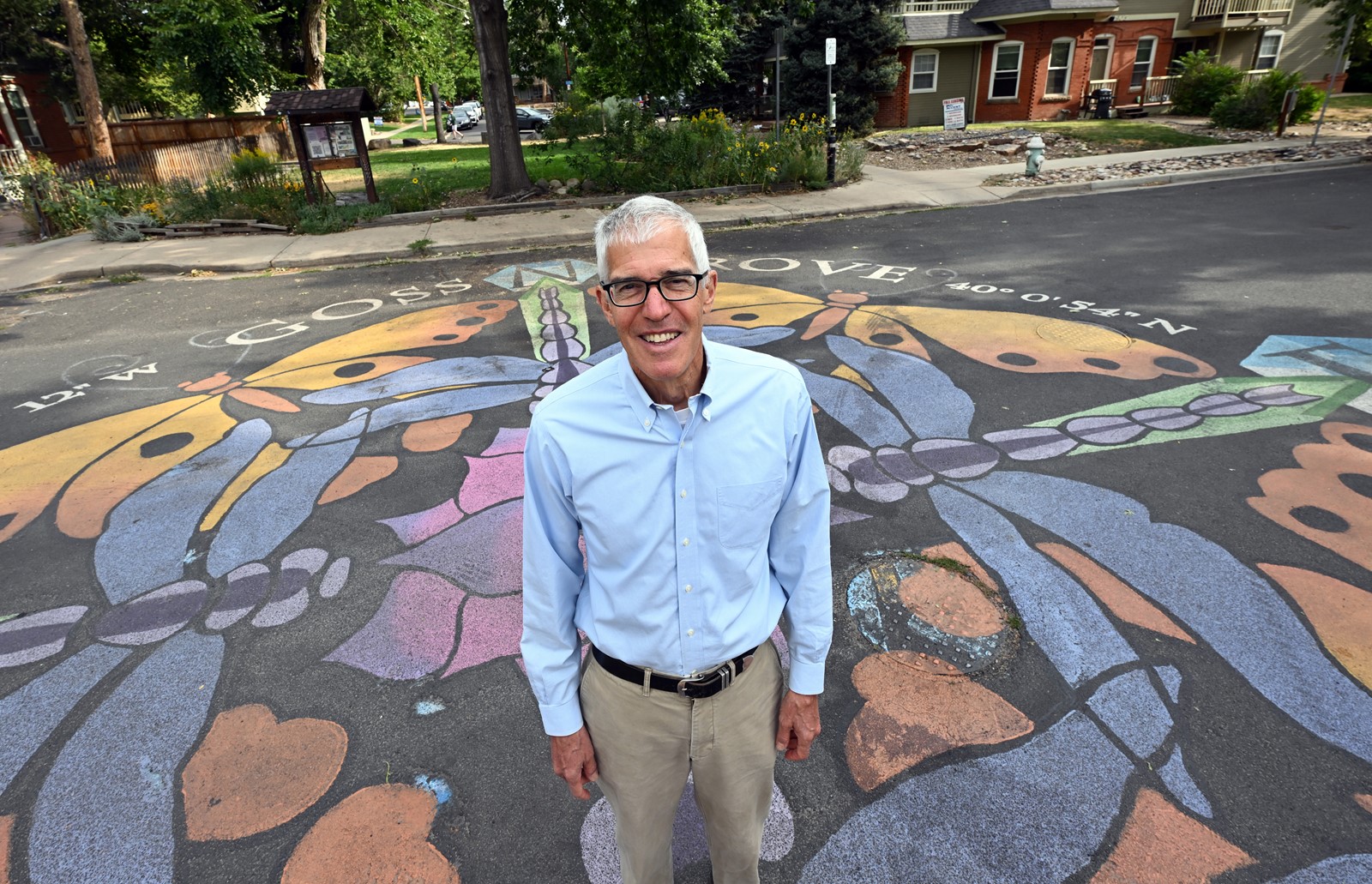
Peter Barlerin’s roots in Boulder run deep for someone who didn’t call the city his permanent home until after retirement.
His children went to CU Boulder and lived in the city. Coincidentally, this is where Barlerin retired after a long career serving as a U.S. diplomat.
Barlerin served as the ambassador to Cameroon from 2017 to 2020. Before that, he was the deputy assistant secretary in the Bureau of African Affairs at the U.S. Department of State. Barlerin also served in posts in countries such as Chad, Japan and Mali.
How did you find your way into diplomacy? Was it something you always dreamed of pursuing?
Although our fathers were veterans and from immigrant stock who loved America, and my wife and I had both lived overseas quite a bit with them as children, the honest answer is I just fell into it while working on a Ph.D. I regrettably never finished and our second child was on the way. Once we caught the bug, though, we never looked back.
Through your years in diplomacy, what did you gain from being immersed in different cultures?
It’s hard to beat the sense of wonder one gets from getting to know people on their own terms and coming to understand how they got to be the way they are. Wherever you live and whether you travel or not, there are fascinating people everywhere, but I think it broadens the mind and increases understanding to interact with other cultures. That understanding is fundamental to a successful foreign policy.
Turning it around, most other people are fascinated and intrigued by American culture, so it was a privilege to be able to tell them about it.
What were the biggest lessons you learned as the ambassador to Cameroon?
You have little capacity to change things. When I arrived, I politely suggested to the octogenarian president — in power since 1982 — that he consider his legacy by preparing the democratic field for the future. He did not take my advice, and my comments generated huge controversy, but I do not regret having gone public with the message because people needed to hear it. On the other hand, the government did sometimes listen.
When Washington threatened to cut off funding to fight HIV/AIDS if the Cameroonian government did not increase its counterpart share, they found the money and we kept up the program, saving tens of thousands of lives. Sadly, much of that and other funding through the U.S. Agency for International Development has been eliminated, and innocent children are dying.What does the average American not understand about Western Africa?
How fragile democracy is. There was a time in the late ’90s and the early aughts that democracy had finally taken root in not only west but much of the rest of Africa. As a deputy assistant secretary at the Department of State during the Obama administration, I met a number of dictators and military junta leaders.
Many had started out as intelligent men genuinely concerned about the future of their country but rapidly became enamored with power and self-dealing.
They surrounded themselves with sycophants and became increasingly intolerant of differing points of view. They trampled on human rights, brandishing the national security bogeyman. This is holding Africa back.
What little moments in your job made it worth it?
It may sound corny but I always got a thrill looking up every day and seeing the Stars & Stripes flying over our embassies and consulates or walking down from the State Department to ponder the Lincoln Memorial. Aside from that, I would say helping Americans in need. There was an American missionary shot and killed while driving in a war zone in Cameroon’s Northwest Region, with his wife and eldest son in the car. The great people of the embassy — Cameroonian and American — made sure his body was repatriated with dignity and his large family got home safely.



